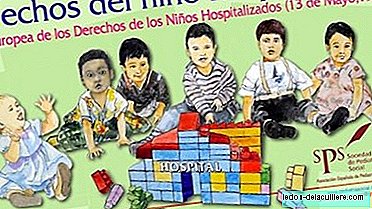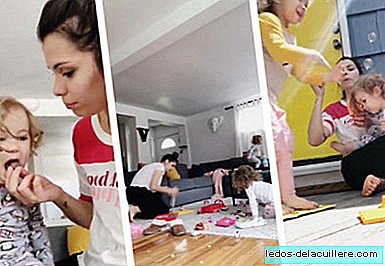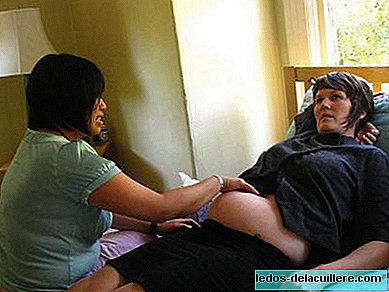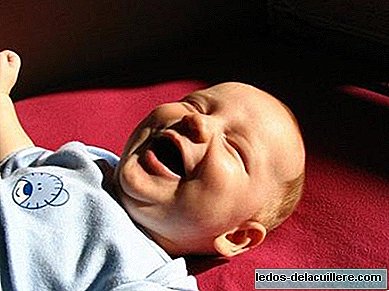
The Rights of the hospitalized child were declared in the European Charter for Hospitalized Children, in a European Parliament Resolution of May 13, 1986. The Society of Social Pediatrics has prepared a poster and a triptych with the Rights of the hospitalized child that will help spread these points.
Here we can see the poster and the triptych in pdf format. The texts published in both documents, in which children have collaborated, is an easy-to-read version, aimed at children, on the European Charter for Hospitalized Children.
The Rights of the hospitalized child, along with those of their parents who appear as protagonists of several of the points, are the following. Right…
• Not to be hospitalized except in case you cannot receive the necessary care at home or in an outpatient clinic.
• At day hospitalization, without this putting an additional burden on the parents.
• To be accompanied by their parents or the person who replaces them as long as possible during their stay in the hospital, without impeding the application of the necessary treatments for the child.
• To receive information adapted to their age, their mental development and their emotional and psychological state.
• To an individual reception and follow-up, the same nurses and assistants being assigned as much as possible for such reception and the necessary care.
• To refuse (through the mouth of their parents or the person who substitutes them) to be subject to investigation, and to refuse any care or examination whose primary purpose is educational or informative and not therapeutic.
• Parent's Right or of the person who substitutes them to receive all the information related to the illness and well-being of the child, as long as the child's right to respect their privacy is not affected by it.
• Right of the parents or the person who replaces them to express their agreement with the treatments applied to the child.
• Right of the parents or the person who substitutes them for an adequate reception and their psychosocial follow-up by personnel with specialized training.
• Not to be subjected to pharmacological or therapeutic experiences. Only the parents or the person who replaces them will have the possibility to grant their authorization as well as withdraw it.
• The right of the child, when undergoing therapeutic experimentation, to be protected by the Helsinki declaration of the World Medical Assembly and its subsequent actions.
• Not to receive useless medical treatments and not to endure physical and moral sufferings that can be avoided.
• Right and means of contacting their parents or the person who replaces them in times of tension.
• To be treated with tact, education and understanding and to have their privacy respected.
• To receive the care provided by a qualified staff, who knows the needs of each age group in the physical and emotional plane.
• To be hospitalized with other children, avoiding hospitalization among adults as much as possible.
• To have furnished and equipped premises, so that they meet your needs in terms of care, education and games, as well as official safety regulations.
• To continue their school training and to benefit from the teachings of the teachers and the teaching material that the school authorities make available to them on condition that such activity does not cause damage to their well-being and / or does not hinder the treatments that are followed.
• To have appropriate toys for their age, books and audiovisual media.
• To power receive studies in case of hospitalization partial or convalescent at home.
• To the security of receiving the care you need, even if the intervention of justice is necessary if the parents or the person who replaces them are denied them for religious reasons, cultural delay, prejudice, or are not in a position to take the appropriate steps to deal with the urgency.
• To the necessary economic, moral and psychosocial help to be subjected to examinations and / or treatments that must be carried out abroad.
As we see, the rights of the hospitalized child they demand the bases of a treatment and a reception adapted for the children in those difficult moments in which they need the medical attention.
Not only referring to the physical and purely medical aspect, but also emotional, of the child and his family, so sometimes forgotten in hospitals.












